Google has achieved one of the long-standing “grand challenges” of AI, building a computer capable of beating expert players of the board game Go.
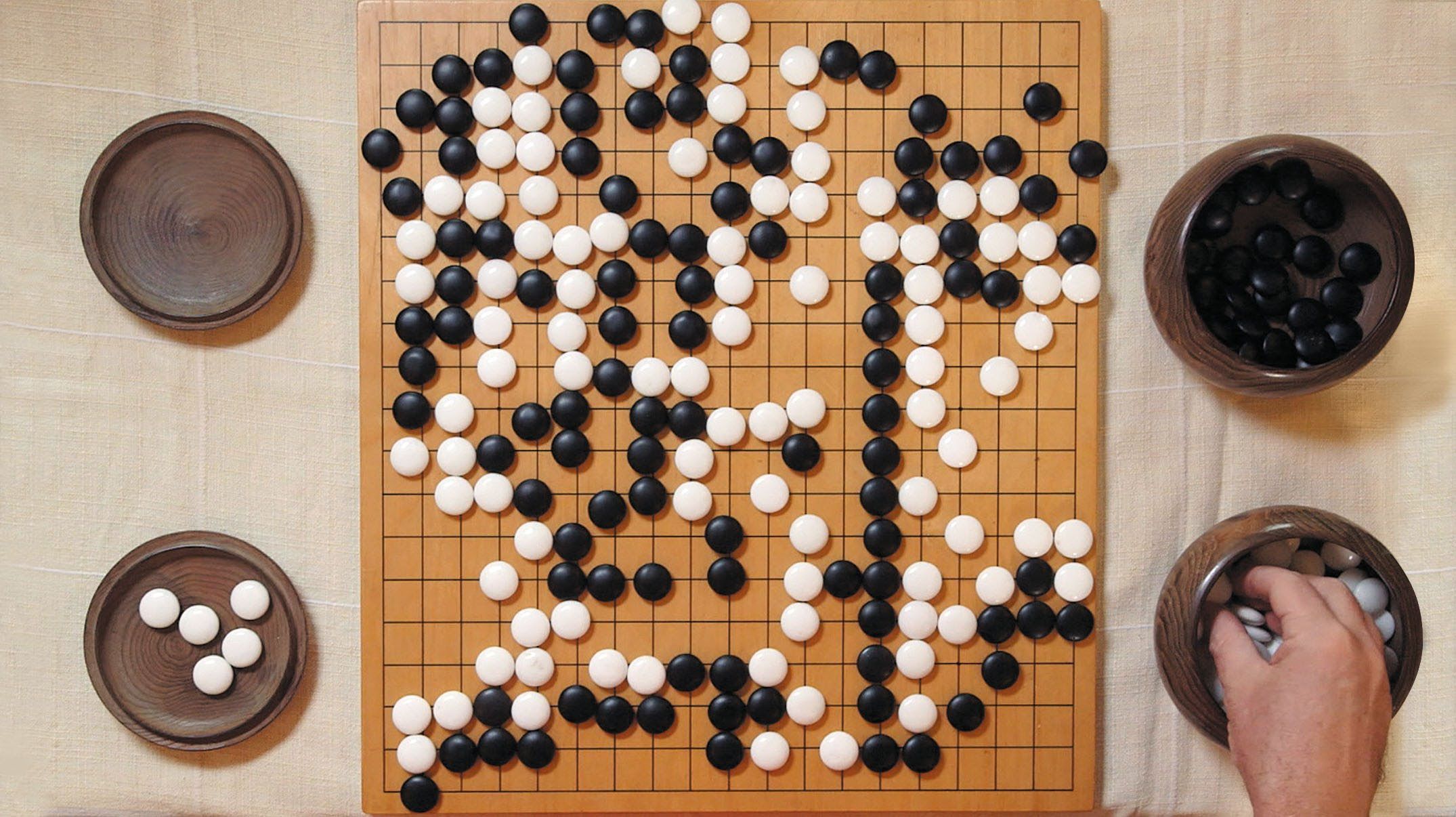

Google has achieved one of the long-standing “grand challenges” of AI, building a computer capable of beating expert players of the board game Go.
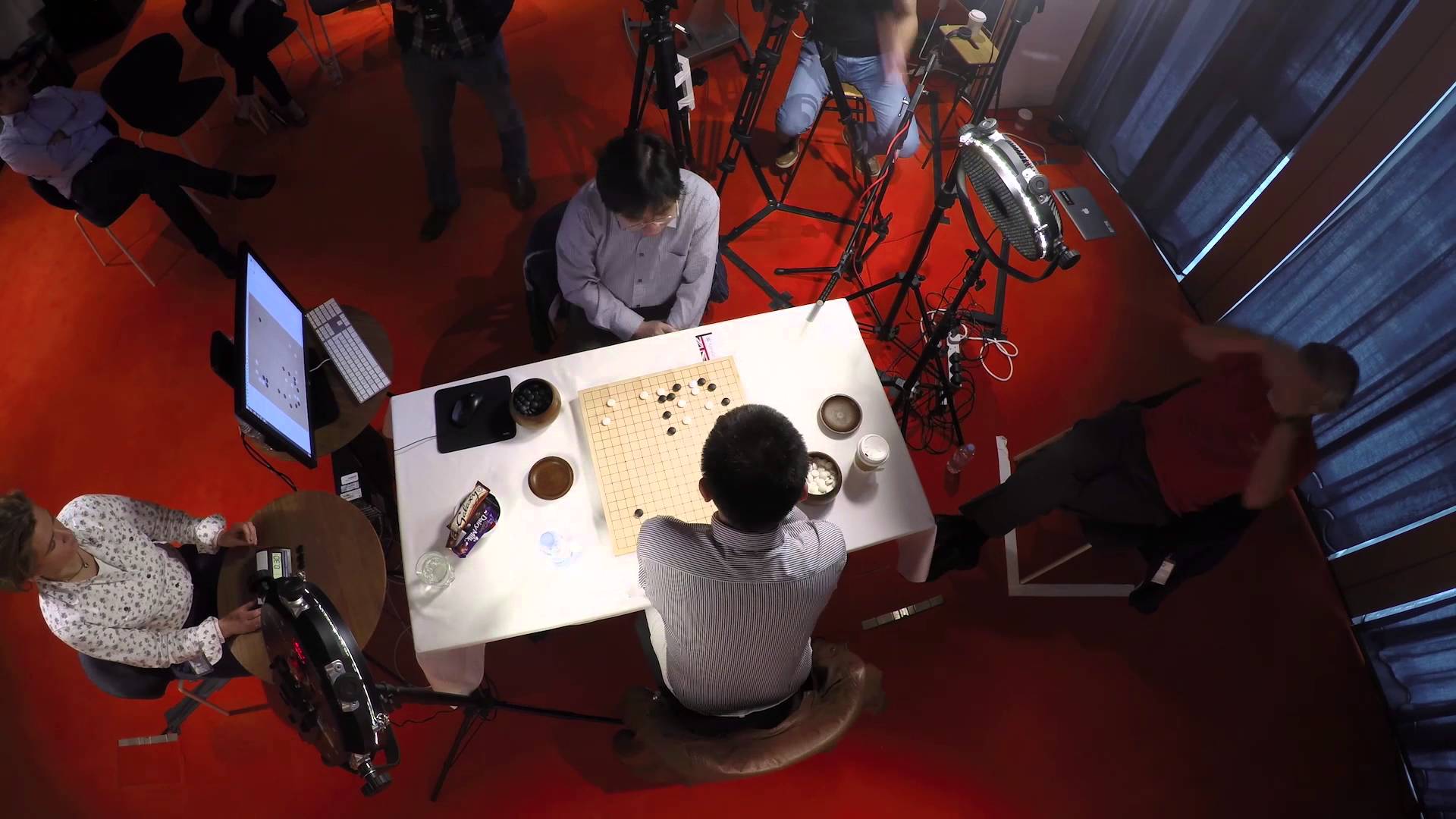
The list of uniquely human achievements has just become shorter: Google’s AI has defeated the reigning 3-time European Go champion.
DeepMind’s program AlphaGo, masters the ancient game of Go. First ever program to defeat a human professional player!
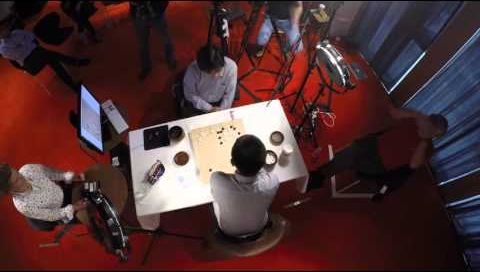
In a paper published in Nature on 28th January 2016, we describe a new approach to computer Go. This is the first time ever that a computer program “AlphaGo” has defeated a human professional player.
The game of Go is widely viewed as an unsolved “grand challenge” for artificial intelligence. Games are a great testing ground for inventing smarter, more flexible algorithms that have the ability to tackle problems in ways similar to humans. The first classic game mastered by a computer was noughts and crosses (also known as tic-tac-toe) in 1952. But until now, one game has thwarted A.I. researchers: the ancient game of Go.
Despite decades of work, the strongest computer Go programs only played at the level of human amateurs. AlphaGo has won over 99% of games against the strongest other computer Go programs. It also defeated the human European champion by 5–0 in tournament games, a feat previously believed to be at least a decade away. In March 2016, AlphaGo will face its ultimate challenge: a 5-game challenge match in Seoul against the legendary Lee Sedol—the top Go player in the world over the past decade.
This video tells the story so far…
With Demis Hassabis, Google DeepMind.
Deep Blue photo credit courtesy of International Business Machines Corporation, © International Business Machines Corporation.

As recently as this month, top AI experts outside Google questioned whether such a victory could be achieved anytime soon.
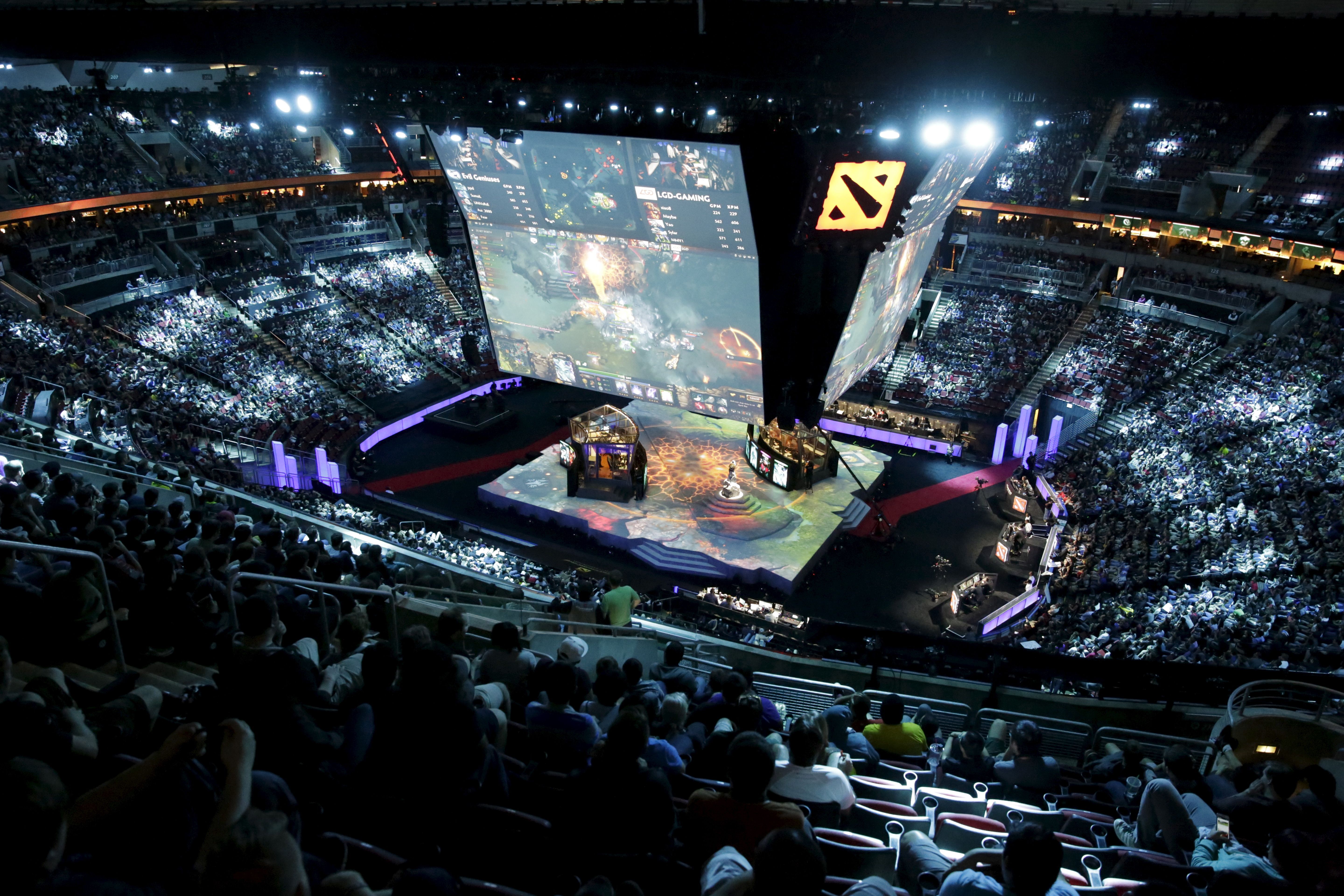
Now this is impressive! Game Revenue could hit in less than 4 yrs $115 billion.
Virtual reality games could see revenue start in the millions and end in the billions by 2020.

We have Disney & Universal; and China has Transformers.
Hasbro’s iconic “Transformers” are poised to become a major live entertainment attraction in China from next year.
A custom-built theater seating 4,500 will host a live show combining shape-shifting robots, aerial stunts and large-scale special effects.
The attraction is the first to be developed by DMG Live, the new live entertainment arm of DMG Entertainment, which is headed by entrepreneur Dan Mintz. It follows a deal between DMG and Hasbro for the rights and with Michael Cohl’s S2BN Entertainment to develop the attraction.

VR Movie Studios
Now, that’s a story! Samsung VR Movie Studios; nice ring to it. Instead of “hello Hollywood” we’re now hearing “Hello New York”.
The company behind the Gear VR virtual-reality headset partners with the Sundance film festival to foster new immersive experiences.

These headphones have a hidden display that projects movies right into your eyes.
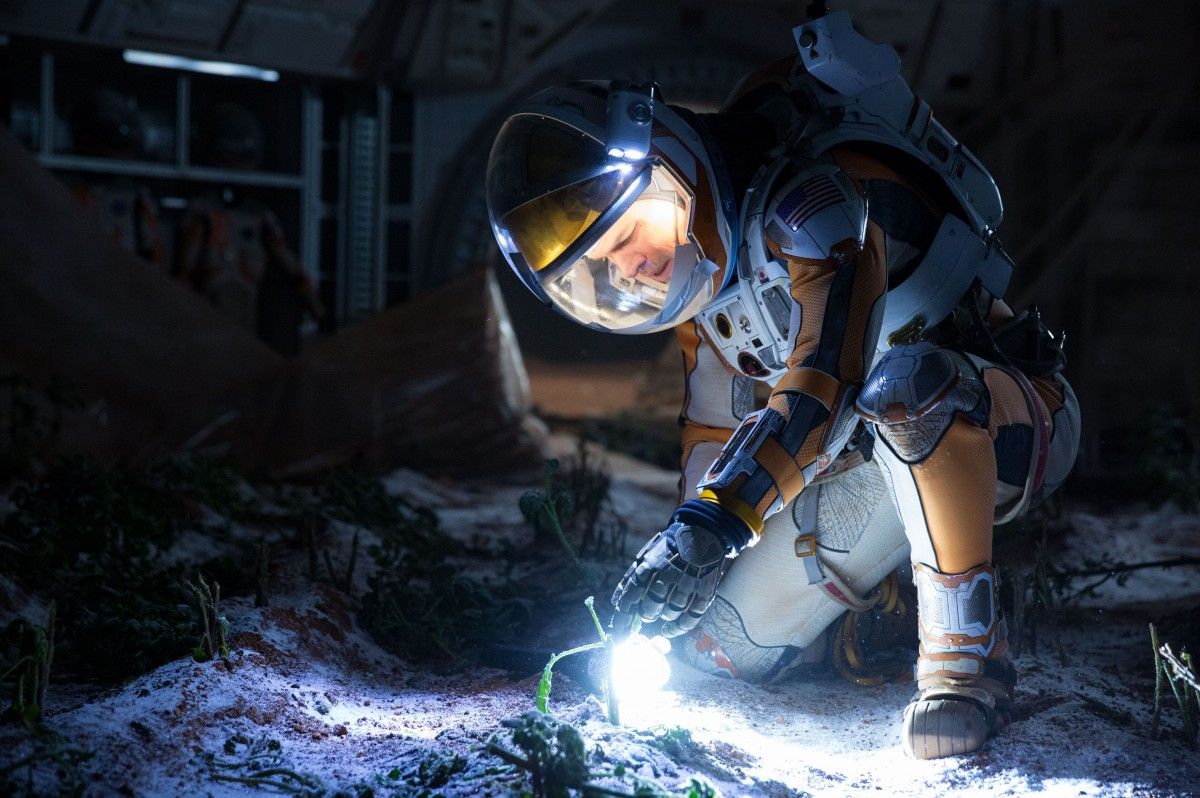
Glad to see The Martian get some Academy Award action; as much as I liked the novel, I found the film to be as good or better, which is rare. And I also found it to be personally inspiring in a way that few science fiction films are. But the point I’m trying to make here is that; we aren’t that far from Hermes-type spacecraft for interplanetary transfer. It’s not out of the realm of possibilities. I wonder if any of you feel the same way.
With six Academy Award nominations, the celebrated film adaptation of Andy Weir’s novel “The Martian” has been the perfect tonic for rousing interest in human missions to Mars.
But as good as the book truly is, the film transcends its source material about a stranded Mars astronaut with some practical takeaways that are as inspiring as any out there. They include:
Duct tape goes a long way –
Throwing money at a problem, particularly in aerospace, can often lead to little of real use.